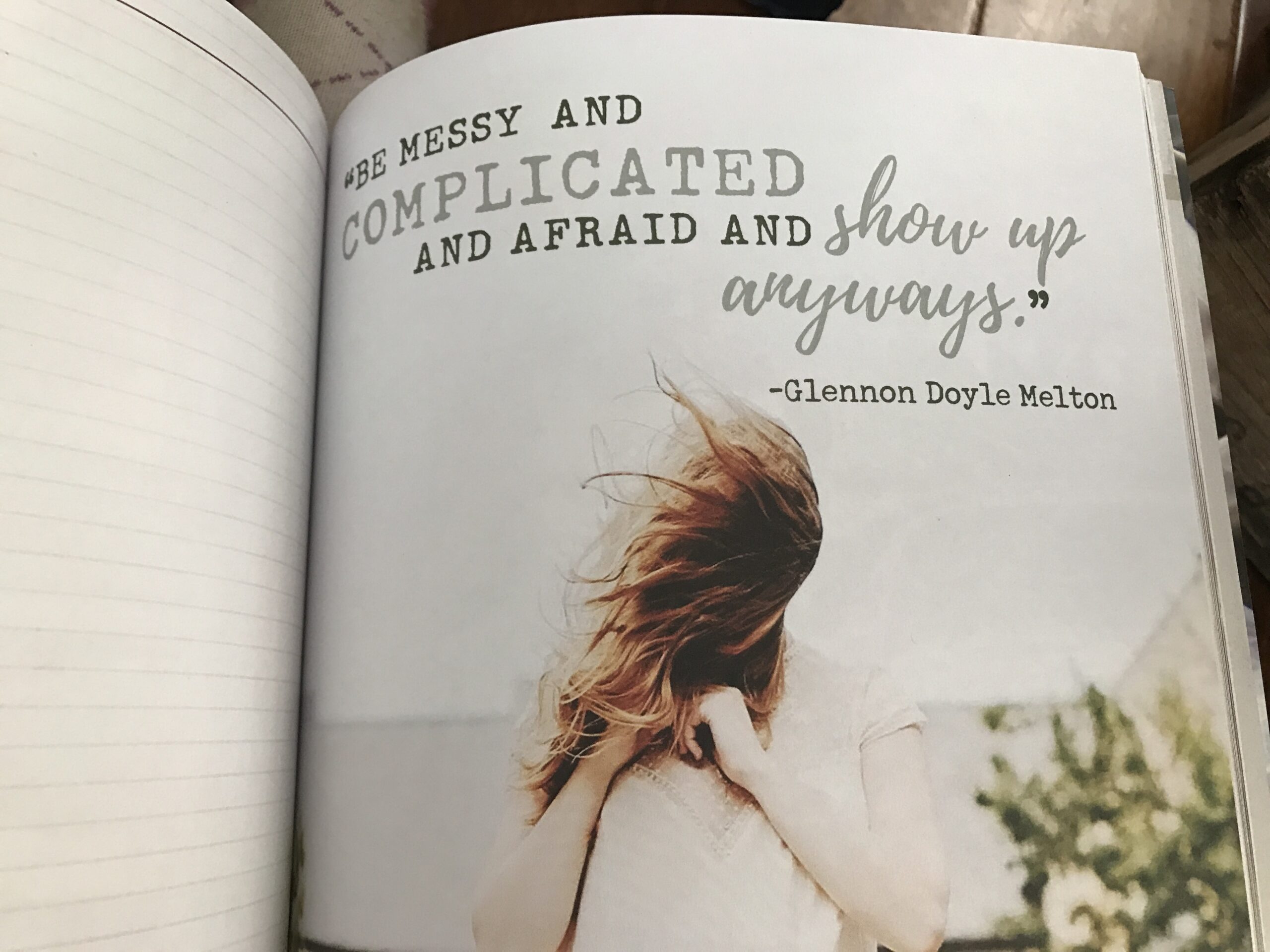The best conversationalists talk very little about themselves. What do they talk about? If it’s with a perfect stranger, and it’s merely to chat and enjoy the sharing of the same space, the weather is always a nice idea. But, what else? Thanks to social media, reality TV, and the media, there is no filter and everything goes. Is it just me, or is society losing the art of stimulating wholesome conversation?
Talk about Me, I, Number 1
No experience is so dull than to listen to another constantly talking about oneself. Turning the conversation back around to “number one” regularly is a sure-fire way of shutting down a healthy conversation. When speaking to a narcissistic person it is hard to find enough to speak about on your side. Those who focus only on themselves don’t often like solutions to their problems, they prefer to complain and usually have “tried” your idea or explain in great detail why it could never work. How often do you talk about yourself? Notice how often you are bragging about yourself. Notice how often you are complaining about your life, feelings, health, family members. Notice how much feedback you are getting. The ones who enjoy listening for hours about the other person are limited. There are many good professionals who do a good job sitting and listening to one-sided conversations and bless them—they deserve the money they make for doing such a great job. For the rest of us, it’s a good idea to keep turning the conversation in many positive directions by asking questions of the other person to get to know them better.
Talk about Ideas
We’ve established how talking incessantly about yourself, your problems, your health, your irritating spouse, and obnoxious kids (I know that isn’t YOU) is boring to others after a certain amount of time. What is good to talk about? Ideas! Talk about the latest advances in science. You can do a weekly read over Popular Science magazine to keep in the know. Talk about the arts: poetry, literature, Shakespeare, or music. Talk about ideas for entertaining. Talk about travel goals and destinations. Advances in all forms of education, science, and more can be found on TEDtalks.com. Discuss a recent discovery or bit of information you learned from your recent perusal of tedtalks.com. This is just the beginning. There is a world of interesting ideas, facts, and information that make for stimulating conversation and leave the conversationalists a little more enlightened and happy with their experience.
Books
Millions of books are in circulation today, but the classics never die. Chances are someone you’re talking to has read a least one classic. Ask which one and discuss. If the person you are conversing with doesn’t read (shock!) share a little about what you’re reading. Ask what is the best book they ever read. Good books have layers of depth to reach in and discover. When we share these concepts and stories, other people can add their valuable insights to it. You both leave edified. Talking about books is truly one of my favorite subjects.
Genuine Interest and Listening
Have you ever spoken with someone who talked and talked without stopping or asking at least once what your opinion was or about your thoughts or stories? How did you feel when you left that conversation? When you are speaking with such a person and you attempt to share a story or anything other than murmurs of sympathy, it’s easy to see how fast that person cuts off their attention, listening, and responses. You’ve lost their interest because you’re not talking about them. What a bore. Good conversationalists care about listening as much or more than they talk. The best conversationalists find that delicate balance between give and take. They give some of their heart and stories and receive by listening with genuine care and concern.
Interrupting
We all know the difference between interrupting from an exciting thought or just interrupting. I’m sorry to say, both are ill-mannered, but one is just plain rude. I confess I catch myself interrupting from the excitement of the moment, but I always make it a point to return to the person I interrupted and ask them to continue and apologize. When we acknowledge our mistakes it makes it easier to keep the conversation friendly and flowing. The other person needs to know you care about what they have to offer too. When we interrupt and never return to allow the other person to have or finish their input, you make the conversation one-sided. I always find it helpful to remember the golden rule in all conversations, “Do unto others what you would have done to you.”
Gossip
The following aphorism: People with great minds talk about ideas, people with average minds talk about events, and people with small minds talk about other people— is one I keep in mind in my daily conversations. It can keep one’s perspective in check. “Other people” can also include oneself if that’s the main topic of conversation. The energy of love and respect is the only kinds of conversation I will participate in about other people.
The things we say about other people are exactly what we think of ourselves. What you dislike about another is something you have or are currently struggling with.
The Ability to debate
A trend I’ve noticed among many people I speak to online or off is the inability to debate. A debate is an exchange of opposite ideas on a specific subject. Most people insist on being right, cannot even entertain or fathom the idea that the other may be right or have some valuable truths to offer to the conversation. In short, they are closed-minded. An intelligent person can hold two opposing ideas in one’s mind, weigh and measure them, and share their perspective with an open mind and in a respectful manner. When you are tempted to name call, get frustrated because the other person isn’t persuaded by you, or want to stomp off, remember that is not debating. That is forcing one’s opinion (and will) on another. I find it’s better to cool off, close my mouth, and just listen if I find myself getting to that point. When you lose the ability to reason, it’s best to listen or change the conversation with a laughing, “you won this one” to lighten the mood.
The Vulgar and the Base
Once upon a time, mothers counseled their daughters on topics not to speak of in mixed company. The menstrual cycle, giving birth, and other intimate details of one’s body were once kept to one’s closest friends and the doctor. Now, we can often hear intimate, and usually quite detailed, descriptions of yeast infections, the horrors of PMS, and such spoken in all public places. No one is safe. Perhaps, we should teach our family to show more respect to oneself by not airing out our private, personal problems to everyone. Many people complain loudly that they aren’t being treated with enough respect. We teach people how to respect us by showing respect for ourselves. No one wants to sit at dinner and discuss your neighbor’s bowels while passing the gravy. Some topics aren’t for public airing.
If everything you spoke of came into creation/ life right before you, would you want it to stay? Are you improving another’s day with the words you say? Are you leaving the conversation with a positive air? Think on these things. I’d love to hear your thoughts.





what do you think?